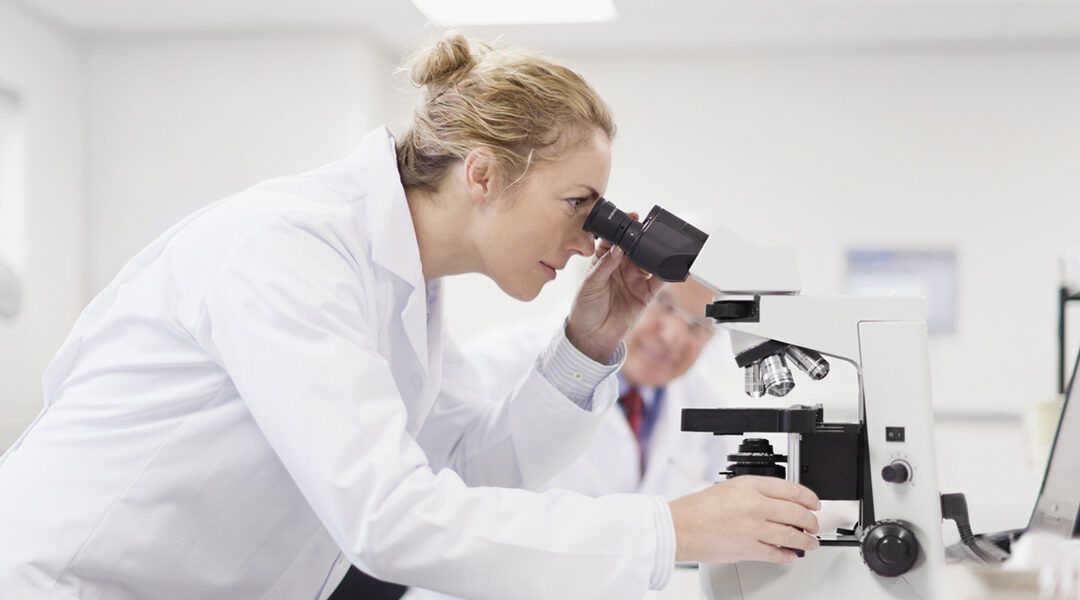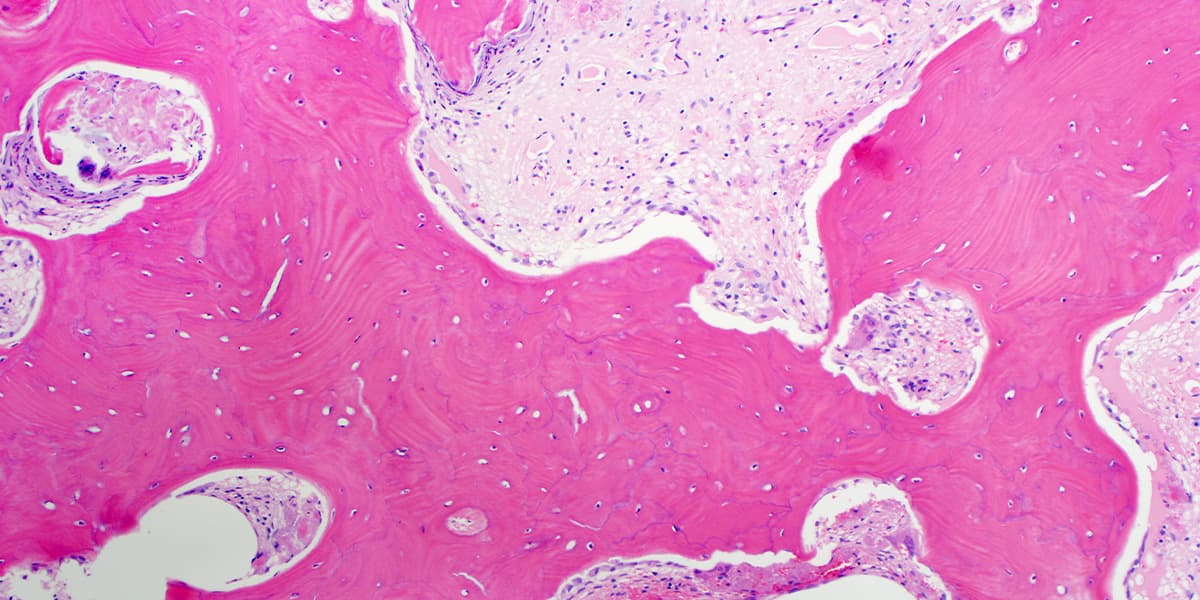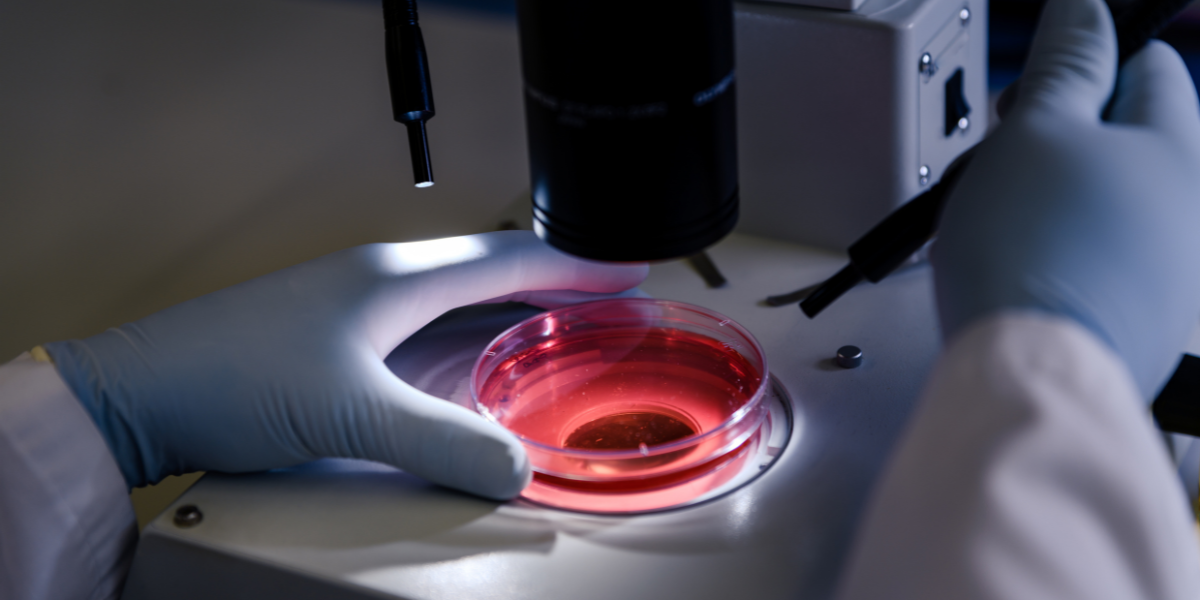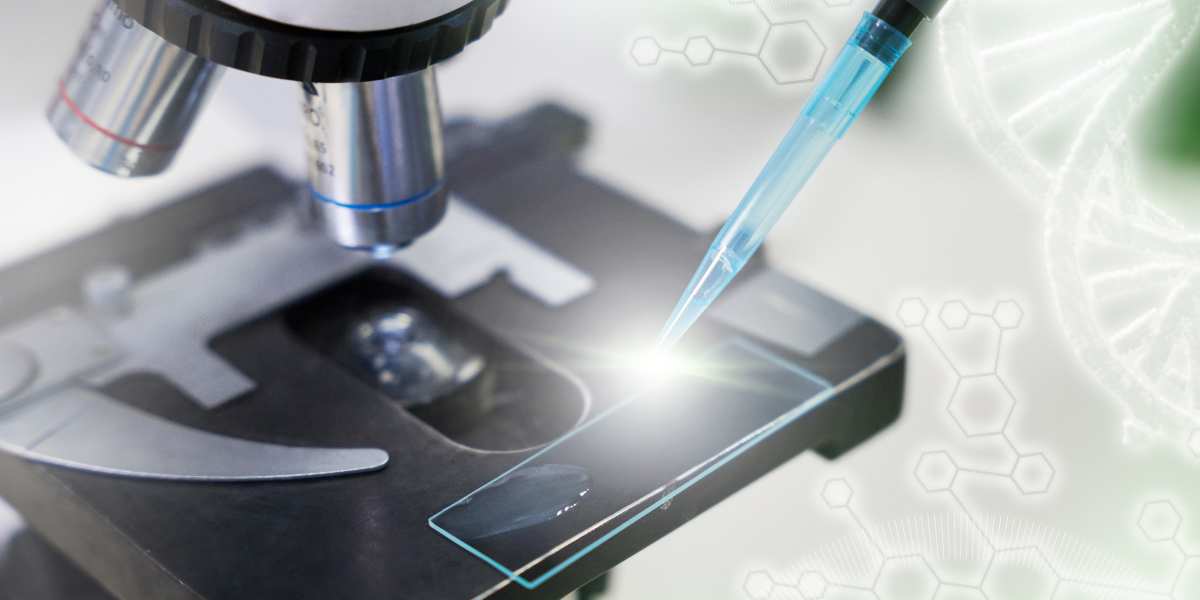Pathology labs are important organizations which help doctors identify and diagnose diseases and other medical issues. These labs are committed to the study of disease and can help doctors pursue the course of treatment patients need to recover from the illness. When choosing the right pathology laboratory, there are a few key features that both patients and doctors should keep in mind before sending samples to be examined.
What are the Types of Pathology? Learn More in Our Blog
Flexible Specialties
Pathology laboratories specialize in diagnosing diseases through the examination of both bodily fluids and tissue samples. Pathology itself requires an understanding of samples from blood and urine to breast, skin, and liver to identify diseases—detecting conditions in their early stages is crucial for the success of treatment. However, diseases at their earliest stages are more difficult to identify. Therefore, sending specimens to a laboratory with many specialties including hematopathology (for blood), dermatopathology (for skin), cytopathology (for diseases within cells), and anatomic & clinical pathology means patients and doctors alike can be confident in the diagnosis returned to them.
College of American Pathologists (CAP) Accreditation
The College of American Pathologists (CAP) is a nonprofit, non-governmental organization founded in 1946. With the advances in medicine, technology, and pathology, the CAP has taken the lead in meeting new challenges to improve patient outcomes. The College began testing laboratories to test and ensure accuracy in 1949, with formal accreditation coming along in 1964. In 1988, the CAP was given full authority to accredit medical labs through the passage of the Clinical Laboratory Improvement Amendment (CLIA).
As renowned advocates for high-quality and cost-effective medical care, the CAP is widely considered the leaders in laboratory quality assurance. The College continues to inspect and accredit laboratories all over America, and their standards are often considered among the toughest and exacting in medicine. So, when you send your samples to a CAP-accredited laboratory, you can be assured of an accurate diagnosis.
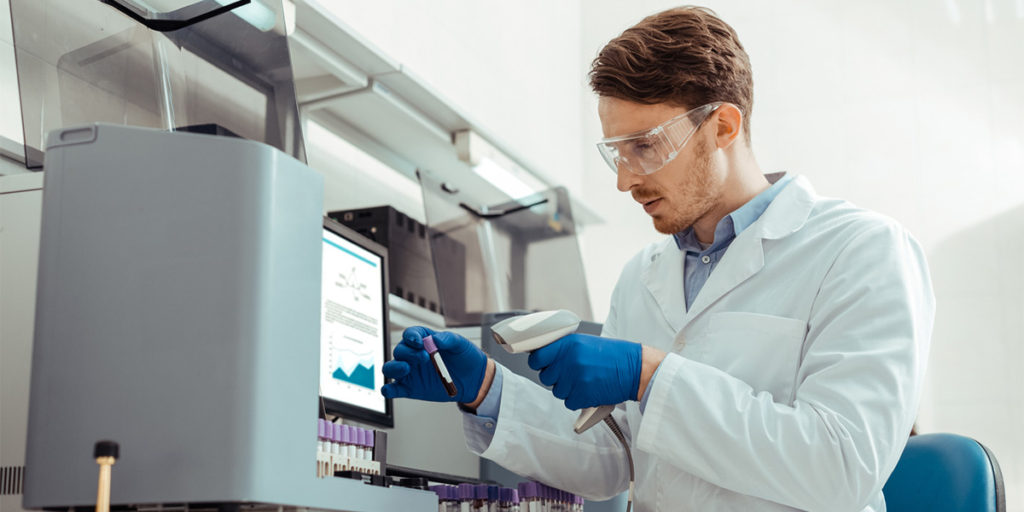
Technology and pathological specialties help labs deliver accurate results.
Independent Status
The last important quality both doctors and patients should consider when choosing which lab to send specimens to is independence. Not only do independent pathology labs tend to be more cost-effective, but they can also be chosen based on regulatory and technical expertise. The quality of results, the ability to return these results quickly, communication with doctors and patients, patient protection and confidentiality, and other value-added services are key facets of independent laboratories.
Since its establishment in 1912, the South Bend Medical Foundation has been the Michiana area’s trusted pathology lab and blood bank. For over 100 years, our commitment to our community has continued to be unrelenting, which is why we’ve built our reputation on providing the highest quality service to our customers. As a College of American Pathologists-accredited lab, we are proud to bring our expertise and our knowledge of the varied fields of pathology to the South Bend area. We have always been the South Bend Medical Foundation, and we always will be.


